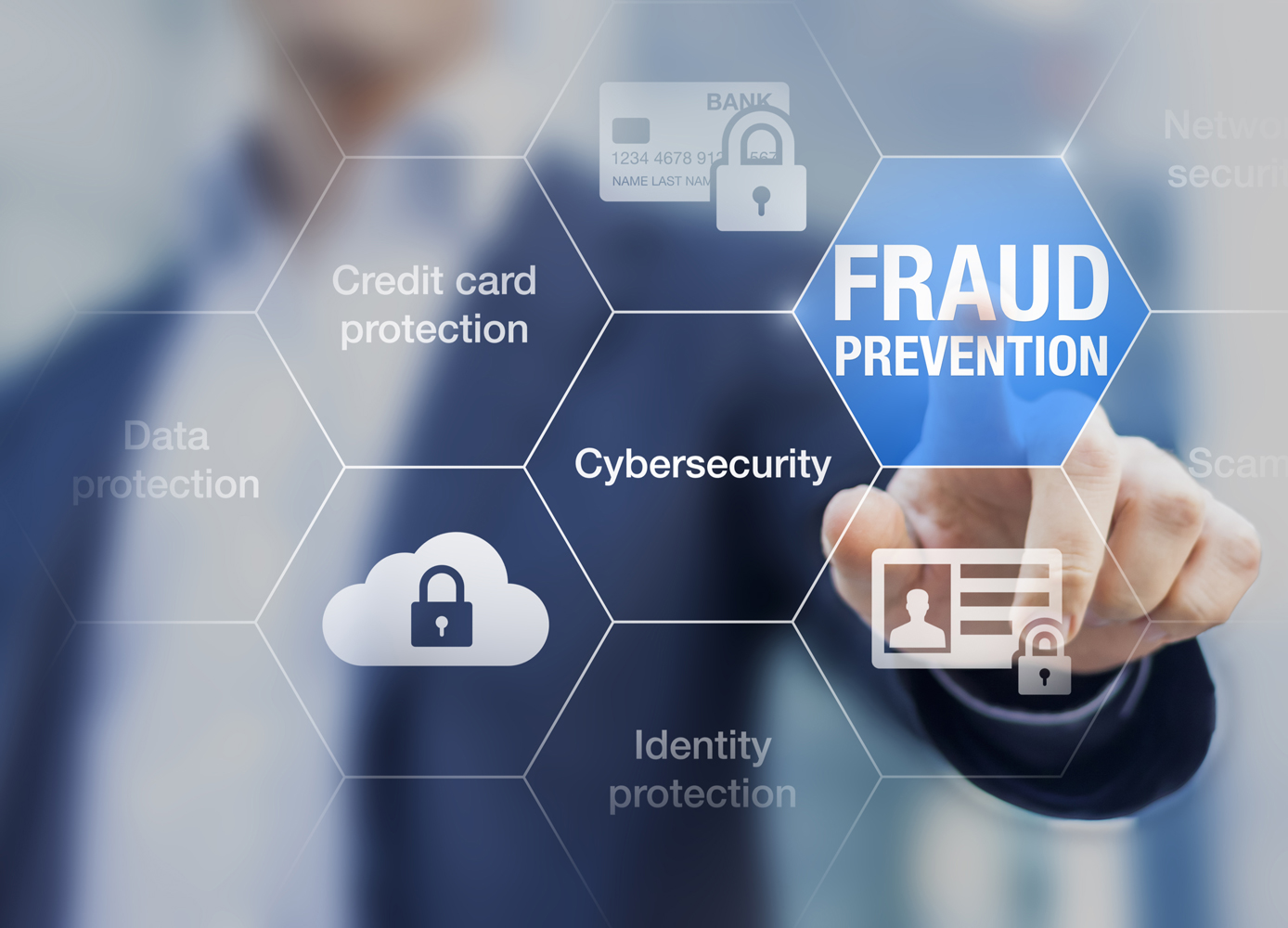People get scammed because the bad guys are good at what they do. It helps to know what to watch for
By Katrina Caruso
Scams targeting seniors are on the rise, with nearly 10% of Canadian seniors becoming victims every year, according to The Department of Justice Canada. Here’s a list of some of the top scams to look out for.
- Medical insurance
In this scam, an “insurance provider” calls and offers false services such as a mobile clinics—and then asks for your personal information. - Prescription drugs
Seniors who go online searching for a deal on their prescription medications sometimes find a website offering fake prescription drugs. These products can be dangerous. If the price looks too good to be true…. - Funerals & cemeteries
Scammers read the obituary section in the newspaper and then contact the widow or widower to claim some kind of non-existent debt. Another danger for widows and widowers is funeral homes taking advantage of the grieving process by overcharging; if you can’t have a family member with you during this difficult time, bring a friend. - Anti-aging products and miracle cures
When you’re in pain or dealing with a chronic illness, something that promises to heal you or alleviate your symptoms can be tempting. The same is true of products that claim to have anti-aging properties. Such products are often scams selling useless or even dangerous products. In a 2006 case in Arizona, for example, people bought fake botox. Always read reviews before buying anything from the web. - Charity scams
Be very careful when you receive a phone call asking you to donate money for any reason. Fake charities abound. - Online
The most typical online scam to which seniors fall victim is pop-ups ads with fake virus-scanning software or other windows that ask for personal info. Get yourself AdBlock, which will help with avoiding those kinds of pop-ups as your browse the web. - Computer “service” scams
If someone phones and claims to be “calling about your computer,” hang up. - The grandparent scam
Perhaps one of the most heartbreaking scams is that which occurs when someone pretending to be a relative or a relative’s child calls and begs for money to help with a crisis—he or she has been in an accident or has been arrested on a minor charge and needs bail money but is afraid to ask Mom or Dad. The scammer will usually say something along the lines of: “Hi Grandma, do you know who this is?” Once the scammer gets a response, he or she will start pleading for money to be wired for a fake reason.
What to do if you get scammed
If you’ve been a victim of fraud, call your bank and credit card company to cancel any cards linked to the scam. As well, if you have been prey to elder abuse more broadly, there are different programs in every province, as well as the Canadian Network for the Prevention of Elder Abuse, that can help you.
Photo: iStock/Daisy-Daisy.





